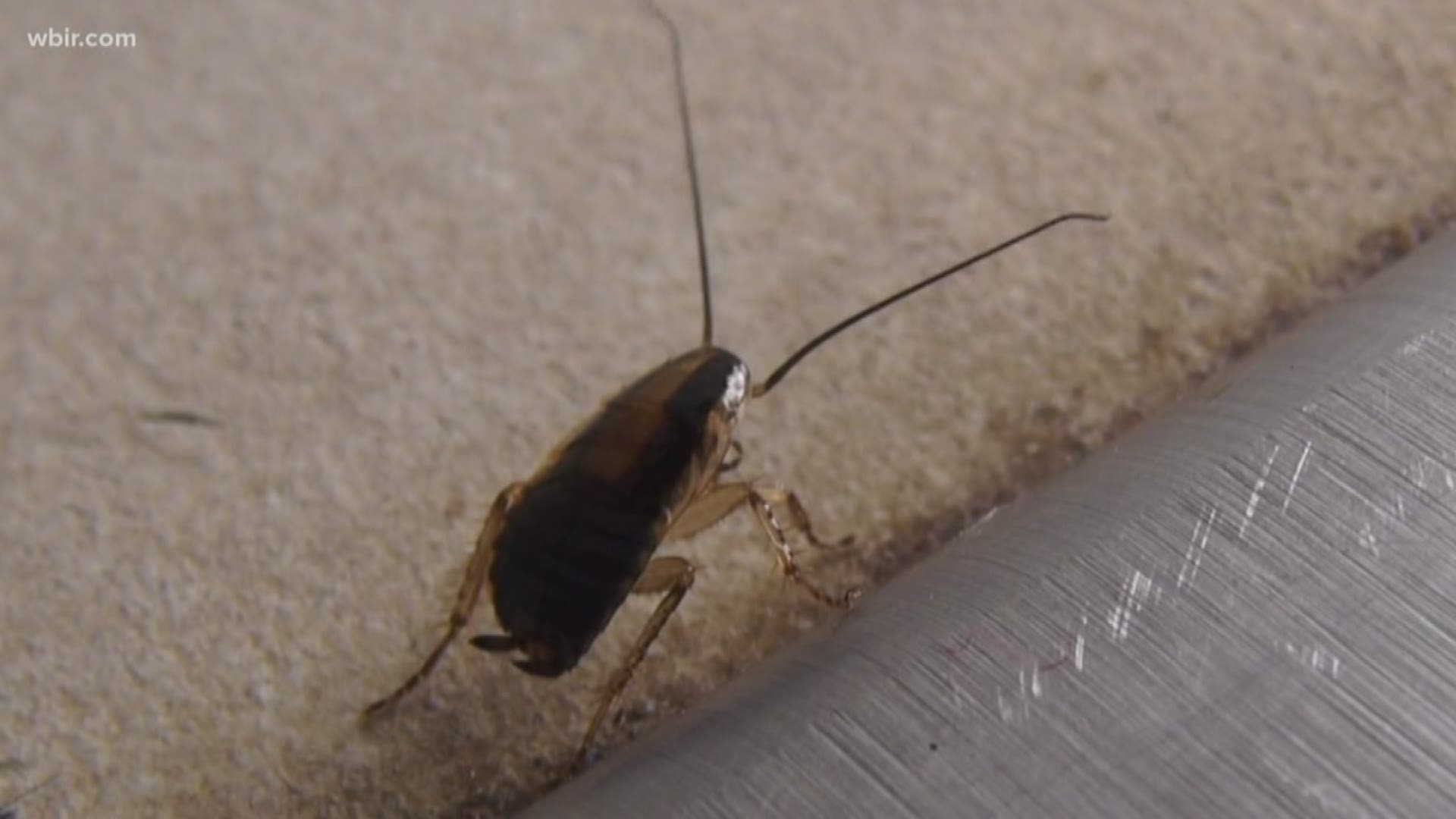You never know where creepy crawly pests could be hiding in your kitchen, in those appliances you use every day.
I know...because it happened to me.
I never expected to find roaches living in the back of my coffee maker.
I know that sounds gross, and you're probably thinking I'm disgusting. Believe me when I say I'm a pretty clean person.
Watch as I recount the moment I found roaches in my Keurig.
I obviously tweeted about the whole jarring experience. At first I thought I had found a cricket, but I soon learned it was a roach.
After my mother and I tried to take apart the Keurig and clean it, we decided it was too gross to continue and threw the whole thing away.
I now have a new Keurig that isn't roach infested. I found out I got the roaches when I moved from where I was living previously to where I am currently living.
I was surprised when I talked to Arrow Exterminator Robert Lane and he told me finding roaches in household appliances is more common than you think, and he's seen roaches in coffee makers plenty of times.
So why are roaches so attracted to appliances?
Bugs are always looking for these three things: food, water and shelter.
Their main goal is to survive. Appliances serve as the perfect breeding ground because they have all of those things.
"Everything that's in your kitchen that we need to survive, German cockroaches need to survive as well," Lane said.
There are many ways roaches can be introduced into your home:
- Roaches can be hitch a ride and be brought in through grocery bags.
- Buying a used appliance online or at a yard sale is an easy but unexpected way to find yourself with a roach problem. The device could already be infested from the previous owner and you have no idea.
- Plumbing and electrical wires make the perfect pathway for roaches to enter your home, especially if you live in a place where you share walls with other homes-- roaches could be coming from other units.
- Windows and doors that aren't properly sealed are easy entry points for ants and roaches.
Lane says a good way to help prevent and control infestations is to keep your kitchen clean and free of food and water sources.
Robert Lane explains how you can take steps to prevent bugs in your kitchen.
Wiping down your counters to get rid of crumbs and spillage, taking care of dirty dishes in your sink, cleaning out the crumbs in your toaster, wiping out your microwave and not keeping water in appliances like a coffee maker are all good steps.
"It's very difficult for the untrained homeowner to get a German roach infestation under control," Lane said. "Homeowners a lot of times are putting out stuff they don't need to be putting out."
Lane's biggest tip if you find yourself with a cockroach or bug infestation is to seek the help of a professional.
"If you have a major German cockroach infestation it's going to take three to six months to eradicate the problem completely," Lane said. "One of the reasons for that is if the egg capsules have not hatched, the only way we can get them is after they hatch. Our products have no effect on egg capsules."
Lane also noted that each infestation and pest control plan is different from person to person.
"Unless you have a problem with German cockroaches or fleas or a few other insects, everything else is coming from the outside," Lane said. "If you can do a heavy perimeter treatment on the outside on a quarterly basis to protect your home, it eliminates the problems before they get inside."
While this topic is super gross, it's important to check and know where the bugs could be hiding and what to do if you find them.



